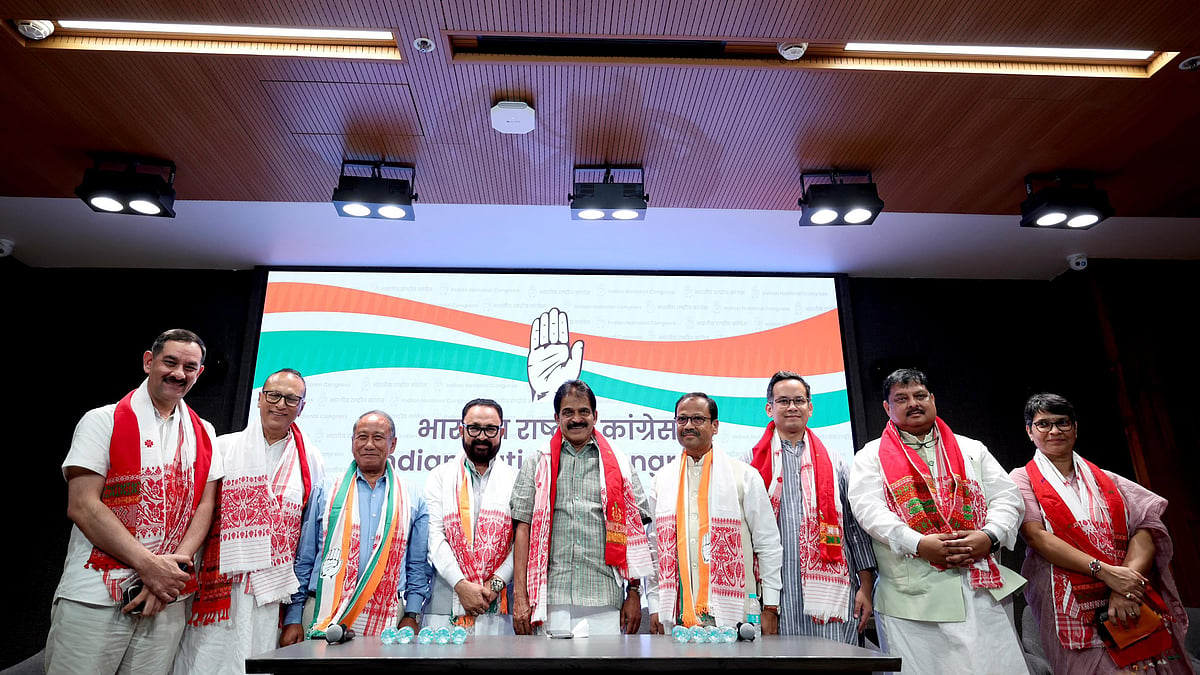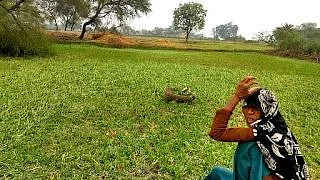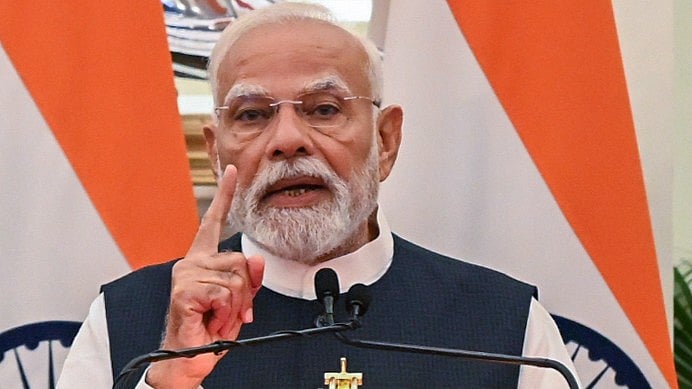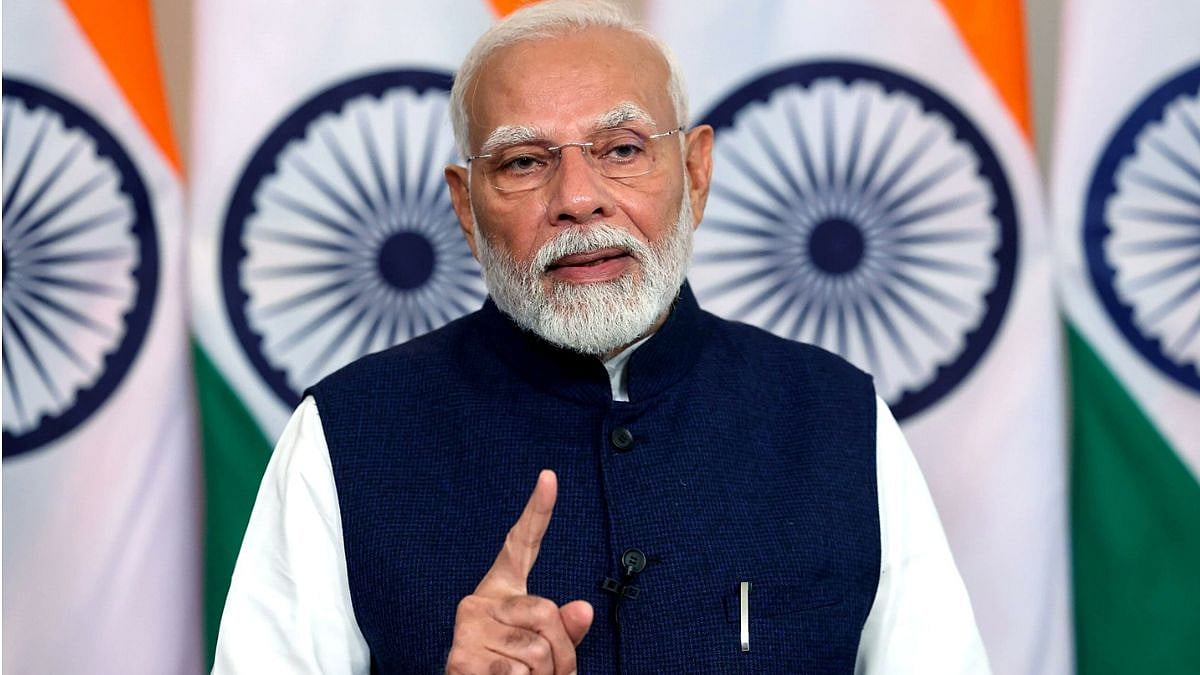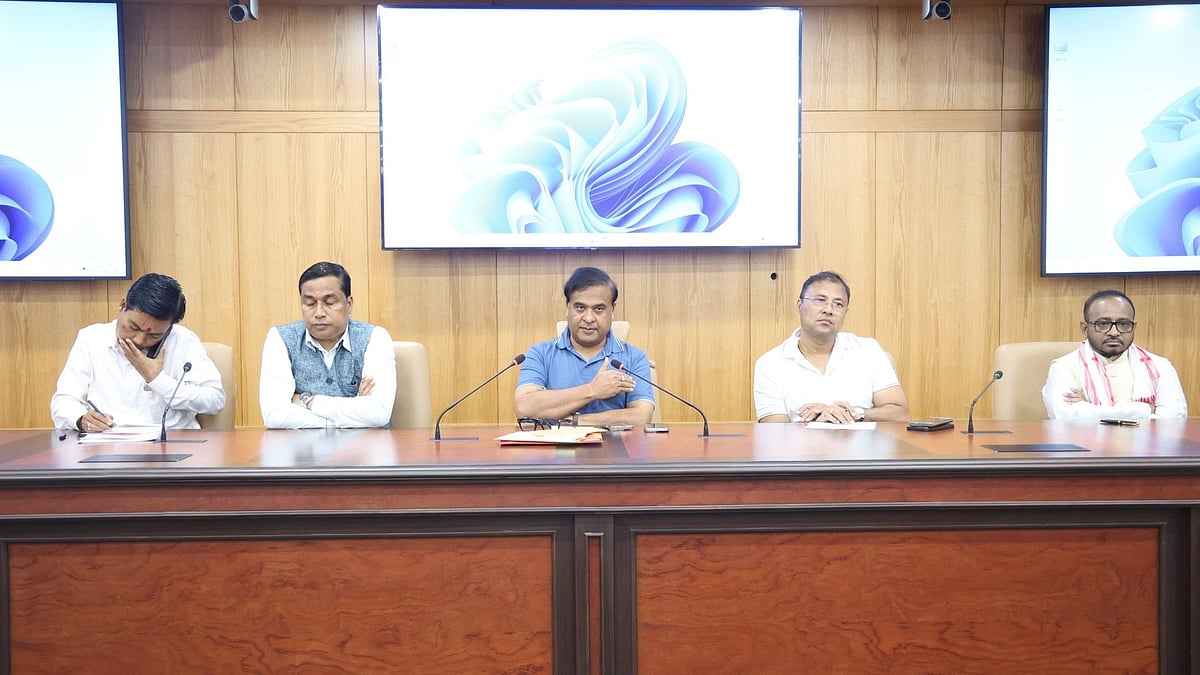Google Doodle celebrated the remarkable life of Hamida Banu, widely recognized as India's first professional woman wrestler, by featuring a doodle on May 4 on the search engine's home page. Hailing from Aligarh, Uttar Pradesh, Banu's story is one of courage, resilience, and breaking barriers in a male-dominated sport.
Early Life
Banu, popularly referred to as the "Amazon of Aligarh," was born into a wrestling family in the early 1900s. Having grown up surrounded by wrestling, she developed her skills and went against the grain of society by choosing to become a professional wrestler at a time when women were discouraged from participating in sports.

Hamida Banu (in pink) with her family | BBC
Banu's perseverance paid off handsomely. Throughout her career, which spanned the 1940s and 1950s, she has had 300 victories to her name. She defeated well-known wrestlers like the Patiala champion and Chhote Gama Pahalwan, demonstrating her unparalleled skill. With victories over wrestlers like Russian rival Vera Chistilin, Banu was even able to gain recognition abroad.
Defeat Her To Marry Her
Banu's legacy is rooted more in her boldness than her skill in wrestling. She publicly challenged the status quo by inviting male wrestlers to compete against her. She even made headlines when she famously promised her hand in marriage to the first man to defeat her. This boldness not only garnered her immense popularity but also paved the way for future generations of female wrestlers in India.

Hamida Banu presented a challenge: Beat her in a wrestling match and you could marry her. |
Match With Baba Pahalwan
The Maharajah of Baroda sponsored a wrestler named Chhote Gama Pahalwan, against whom Banu was scheduled to square off. However, he abruptly pulled out of the bout, declaring that he would not fight a woman.
So Banu fought her next challenger, Baba Pahalwan, who was the third competitor and suitor in the heavyweight championship.
"The bout lasted one minute and 34 seconds, when the woman won a fall," the Associated Press reported on May 3, 1954. "And the referee declared Pahalwan out of her wedding range."
Banu reportedly defeated Russia's "female bear," Vera Chistilin, in less than a minute during a Mumbai fight in 1954. She declared she would travel to Europe to compete against wrestlers that same year. Marking 70 years since the glorious wins.

A 1954 newspaper report on Banu's match against Baba Pahalwan. | BBC
"Amazon of Aligarh"
She was referred to in newspapers as the "Amazon of Aligarh," after the Uttar Pradesh town where she resided. A columnist claimed that all it took to send chills down someone's spine was one glance at Banu.
Her diet, height, and weight all made headlines. She reportedly weighed 17 stone (108kg) and was 5ft 3in (1.6m) tall. Her daily intake consisted of six eggs, two large loaves of bread, two plates of biryani, 2.8 litres of soup, 1.8 litres of fruit juice, a chicken, almost 1 kg of mutton and almonds, and half a kilo of butter.

Wrestler Hamida Banu |
Stones And Bans
However, Banu seemed to disappear from the wrestling scene shortly after these highly publicized matches. Banu also had to deal with criticism from those who were offended by her public appearances.
According to The Times of India, the local wrestling federation objected, forcing the cancellation of a match between male wrestler Ramchandra Salunke and Pune city, Maharashtra. On another occasion, after Banu defeated a male opponent, she was stoned and jeered by the crowd. The newspaper said that the police had to intervene to keep the crowds under control.
Banu had raised her concerns to the then chief minister of Maharashtra state, Morarji Desai, about an unofficial "ban" on her wrestling bouts. Desai retorted that the bouts had been canceled due to complaints about the promoters, who were allegedly setting up "dummies" to challenge Banu, not because of her gender.
Urdu feminist writer Qurratulain Hyder presents an alternative image of Banu, despite the fact that men ridiculed her achievements and questioned her qualifications. Hyder describes her domestic helper Faqira attending a wrestling match in Mumbai and coming back to report that no one had been able to defeat "the lioness" in her short story Daalan Wala.
Academic Ronojoy Sen explored how the presence of Banu influenced the sport in his book 'Nation At Play: A History of Sport in India', he wrote, "The blurring of sports and entertainment in these events is illustrated by the fact that Banu's bout was to be followed by a bout between two wrestlers, one lame and the other blind."
Later Life Of The Wrestler
People who knew her have told stories of how her life changed at this point.
Banu had moved in with her grandson Feroz Shaikh, the son of her adopted child, and her coach Salam Pahalwan had begun traveling frequently from Aligarh to Mumbai for their dairy business in Kalyan, a town outside of Mumbai.
According to Banu's grandson, who lived with her until she died in 1986, Salam Pahalwan did not like the idea of her going to Europe. In attempts to stop, Salam Pahalwan had hit her with sticks, breaking her limbs and making her unable to even walk without aiding to a stick for many years.
Salam Pahalwan eventually went back to Aligarh, but Banu remained in Kalyan. When Salam Pahalwan was nearing his death in Aligarh, Sahara, his daughter, said that Banu had come to visit him.

Paved The Path For Indian Female Wrestlers
Hamida Banu's legacy lives on, with every dream of every aspiring female in sports reminding us that with unwavering determination and exceptional talent, even the most formidable barriers can be broken.
Unquestionably, Hamida Banu's pioneering spirit has had an impact. Her narrative encourages young girls to follow their passions and challenge social norms, demonstrating that gender boundaries have no place in the wrestling ring or any other field.






